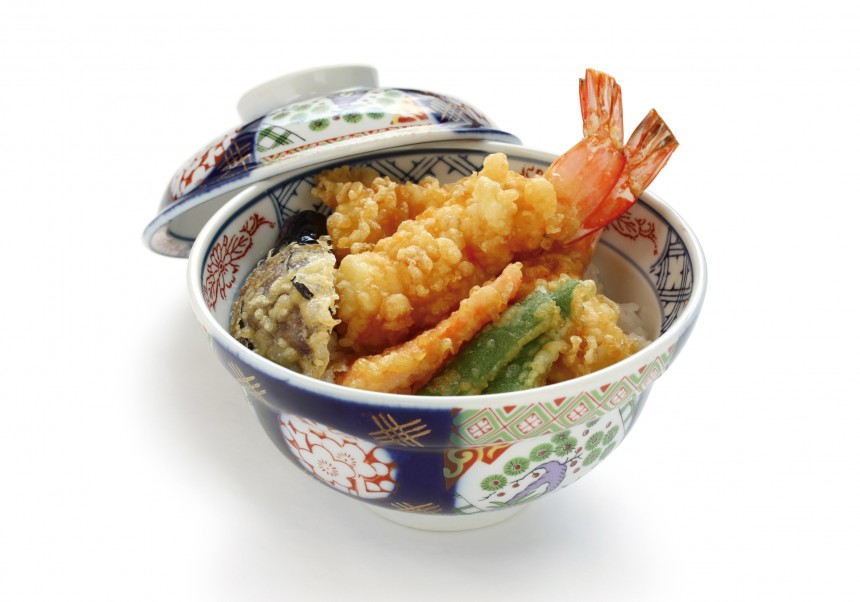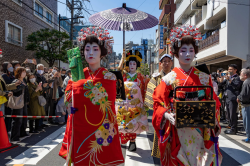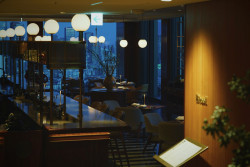
Japan is welcoming increasing numbers of tourists in the run up to the 2020 Olympics. These travelers have various dietary requirements, including Muslim visitors, who must find halal options in the archipelago. Beyond tourism, there are many Muslim families living and working in Japan. Naturally, it is easier to find halal cuisine at restaurants serving food from India, Malaysia, Turkey, Indonesia and other countries. But Japanese restaurants serving halal dishes are a bit harder to find.
Recently, some Japanese restaurants are sourcing halal-certified ingredients and others are even transforming kitchens exclusively for the preparation of halal food — but there are a few hurdles for the restaurants to be certified. Restaurants serving halal dishes need to avoid sake or mirin (a sweet sake) as these both contain alcohol. Dishes like ramen or tonkatsu are likely to contain pork in their base or broth, if not in the final dish itself.
There are a few websites that recommend halal restaurants in Tokyo and beyond. Some sites include Halal Media Japan, Halal Gourmet Japan and The Japan Muslim Guide. Some restaurants, such as Gonpachi in Asakusa Azumabashi, have taken to offering halal but require two- or three-day advance notification.
Asakusa is a popular area for halal restaurants. Asakusa Sushiken is said to be the first halal-certified sushiya in Japan. Even the ingredients such as soy sauce and gari, pickled ginger, are halal. If you’re not feeling like fish, Asakusa Musubi is a Muslim-friendly cafe with a variety of traditional Japanese dishes.
In the same area, Origami serves traditional Japanese cuisine from a kitchen that is exclusively used for the preparation of halal food. The extensive menu includes tempura, sashimi, shabu-shabu, yakiniku and kamameshi rice cooked in a pot. The establishment is certified by the Japan Islamic Trust and even has a prayer room.
For halal Japanese curry there is Coco House Ichibanya Curry. Chicken katsu and chicken sausages are served in stead of pork. It has been certified by the Nippon Asia Halal Association.
Ramen Ouka in Shinjuku Gyoen is certified halal. The broth is made from sea bream and is topped with a yuzu espumante.
The department store Isetan has a branch in Singapore and is more inclined to consider the needs of halal diners. Shinjuku Isetan has a small but select collection of halal foods including wagashi confectionery, wagyu steaks and other prepared foods that can be ordered online for home delivery.
Tendon Itsuki Tempura is on the second floor of the Ginza Inz building. It is certified halal and is listed on many websites, which have likely played a part in increasing the restaurant’s traffic. The child-friendly joint is made up of a long counter which overlooks the open kitchen. During lunch, diners are given a menu as they wait in line and orders are taken before entering the restaurant.
The specialty of the restaurant is tendon shrimp and vegetable tempura (¥1,620) served over a large bowl of rice and drizzled with a sweet soy sauce. The meal comes with a mini chawanmushi savory custard, miso soup and all-you-can-eat cabbage pickles. The tempura is good, but it’s a shame that the tempura chef fries up six orders all at one time. The tempura donburi bowls are then assembled and passed out to the guests. Many of the pieces will have cooled down and lost their crispy texture by the time they reach you. Small details are overlooked as the seasonings on the counter like tendon sauce are in containers that are not carefully wiped down and are sticky.
It’s worth it to keep an eye out for places that are halal-friendly but may not (yet) have been certified as such. There are some restaurants serving yakiniku or seafood ramen, for example, that appear to be halal-friendly but are not certified by any organizations.
Other restaurants advertise themselves as Muslim-friendly with menus that do not serve pork or include any alcohol such as sake in the cooking, but may not be strictly halal. The onus is upon the diner to know if the restaurant is truly halal. Nevertheless, it’s good to see that the Japanese culinary scene is opening up and offering more options for these valued customers.







